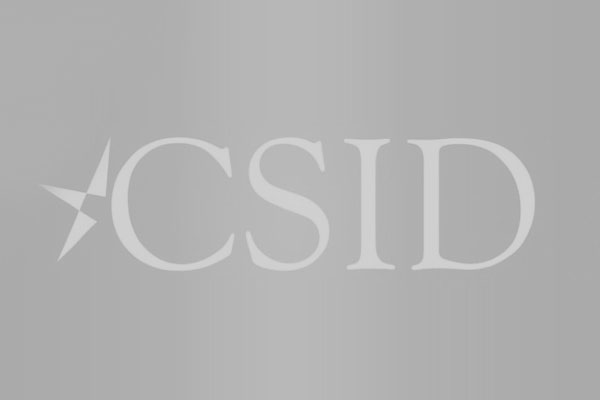
The Unmentionable Freedom: A new report on reform in the Arab world ignores religious liberty.
By: Joseph Loconte
The Weekly Standard (
LAST MONTH A GROUP OF Arab intellectuals released their third report in an unprecedented study of the many failures–economic, social, and political–that plague the world’s Arab states.
The latest report, "Towards Freedom in the Arab World," endorses democracy and laments the "acute deficit of freedom and good governance" in Muslim countries. Its authors are getting high marks from the Bush administration. Too bad they’ve largely ignored the most basic freedom under any democratic government: the guarantee of religious liberty.
Commissioned by the United Nations, the Arab Human Development Report has lots to say about the problems of autocratic rulers, bogus elections, restrictions on the media, and women’s second-string rights. It lays out seven nonnegotiable guarantees for the transition to democracy, including the right to vote, the freedom to join organizations, and the right of political leaders to campaign. And of course it’s true that these elementary rights are still hard to come by in the Arab world: In Egypt, political parties can’t be established without government consent.
But what the report virtually ignores is the centrality of religious freedom among the bedrock democratic rights. That omission troubles reformers such as Radwan Masmoudi, president of the Washington-based Center for the Study of Islam and Democracy. "Lack of freedom in Muslim countries is stifling societies," he says. "The solution is to allow liberal Islam to grow, which means radically expanding freedom of the press, freedom of religion, freedom of thought, and freedom to form independent organizations."
True, the report’s authors endorse the idea of an independent civil society, where groups may criticize government and offer alternative policies. This civic realm, they say, "must be absolutely free from control." They also insist that government should "protect the right of people and groups not only to worship as they wish, in private; but also to promote their values publicly in civil society." There’s even frank talk about the way political leaders have "selectively appropriated Islam" to justify oppressive policies.
Yet these themes occupy just a few pages in the 248-page report (criticism of the
The same omission marked a recent panel discussion of the U.N. report at the Carnegie Endowment for International Peace. Rima Khalaf Hunaidi, the U.N. assistant secretary general who chairs the group’s advisory board, called for "comprehensive reforms" of political and economic systems in Arab countries. But she spent almost as much time complaining about
In
Indeed, apostasy laws, which criminalize conversion out of Islam, remain a grave matter in the Muslim world. In
"Two distinct historical experiences characterize the native Christian communities of the
Nevertheless, most Islamic leaders and institutions–and now the scholars of the Arab Human Development Report–seem to have sworn an oath of silence about the problem of religious oppression, especially the plight of Muslims who challenge state orthodoxy on religious grounds. The lack of religious liberty prevents debate over the meaning of Islamic texts–a crucial step in offering a progressive interpretation of Islam. For all the talk of a "freedom deficit," the authors of the U.N. report fail to recognize the unique status of religious _expression. They thus see no connection between the denial of religious rights and the political and economic stagnation of most of the world’s 22 Arab states. Their two previous reports, which examined economic and educational issues, were similarly silent on the point.
"Freedom of religion is the only way to build a strong, moral society," says Radwan Masmoudi, "where people can deal with each other with dignity, respect, trust, and fairness." Progressive thinkers such as Masmoudi advocate "liberal Islam," which considers freedom of conscience a sacred right as well as a central democratic doctrine. They argue that Muslims must recover the Koranic teaching that human beings are created free, and that violations of basic liberties–including freedom of worship–contradict human nature and the will of God.
A hopeful example is that of
The Arab world needs a prosperous, democratic state that respects its religious diversity–perhaps a Muslim equivalent of the
That seems an apt warning for political reformers in the Arab world. For until the culture of religious repression is decisively challenged, it’s hard to imagine an "Arab spring" that would survive the summer heat of the dictators and theocrats in waiting.
Joseph Loconte is a research fellow in religion at the Heritage Foundation and editor of The End of Illusions: Religious Leaders Confront Hitler’s Gathering Storm. Grace Smith provided research support for this article.
http://www.weeklystandard.com/Check.asp?idArticle=5669&r=mpnyb

